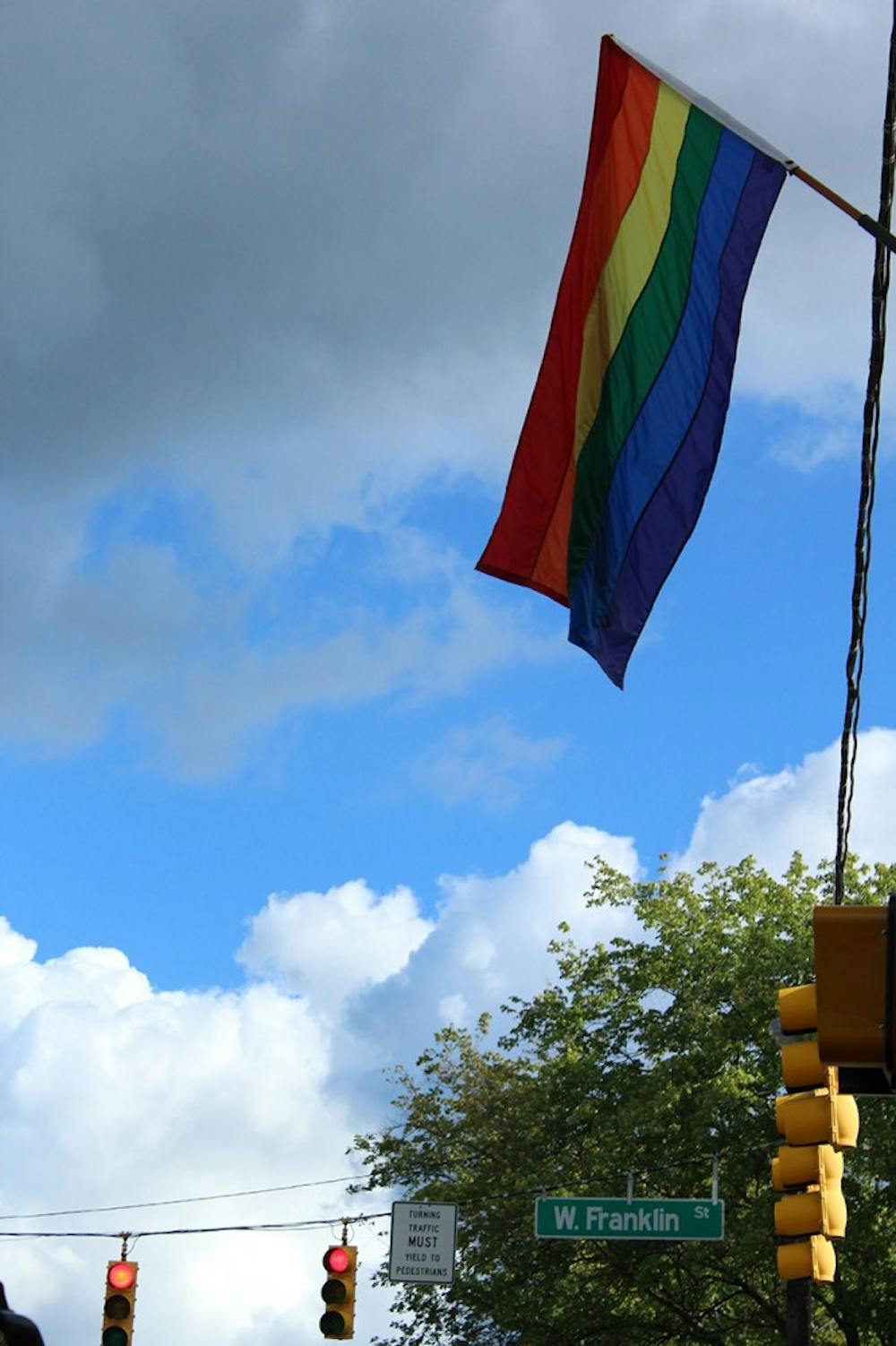Tuesday’s decision said such discrimination violates Title VII of the Civil Rights Act of 1964. This section of the law, also called the Equal Employment Opportunity section, prohibits employers from discriminating against employees on the basis of sex, race, color, national origin or religion. The court interpreted discrimination based on sex to include sexual orientation.
Chris Brook, legal director of the N.C. ACLU, said this type of discrimination is part of sex stereotyping: the idea that men and women should act a certain way based on their gender.
“Employers who would choose to fire someone because they’re gay are saying that men — real men — are only in relationships with women,” he said. “Real women are only in relationships with men.”
Steve Nickles, a law professor at Wake Forest University, said there is precedent against sex stereotyping.
“Sex is not just gender,” he said. “The Supreme Court, years ago, said that (sex discrimination) includes discrimination against somebody because they don’t conform to a gender stereotype.”
The court’s decision specifically dealt with Title VII of the Civil Rights Act, but Brook said it could likely affect other sections of the act as well.
“So that means, if discrimination against gay individuals in the employment context is impermissible per Title VII and its prohibition on discrimination against sex, then it’s also going to be unconstitutional to discriminate based on sexual orientation in the Title IX context, which prohibits discrimination based on sex in the educational context,” he said.




